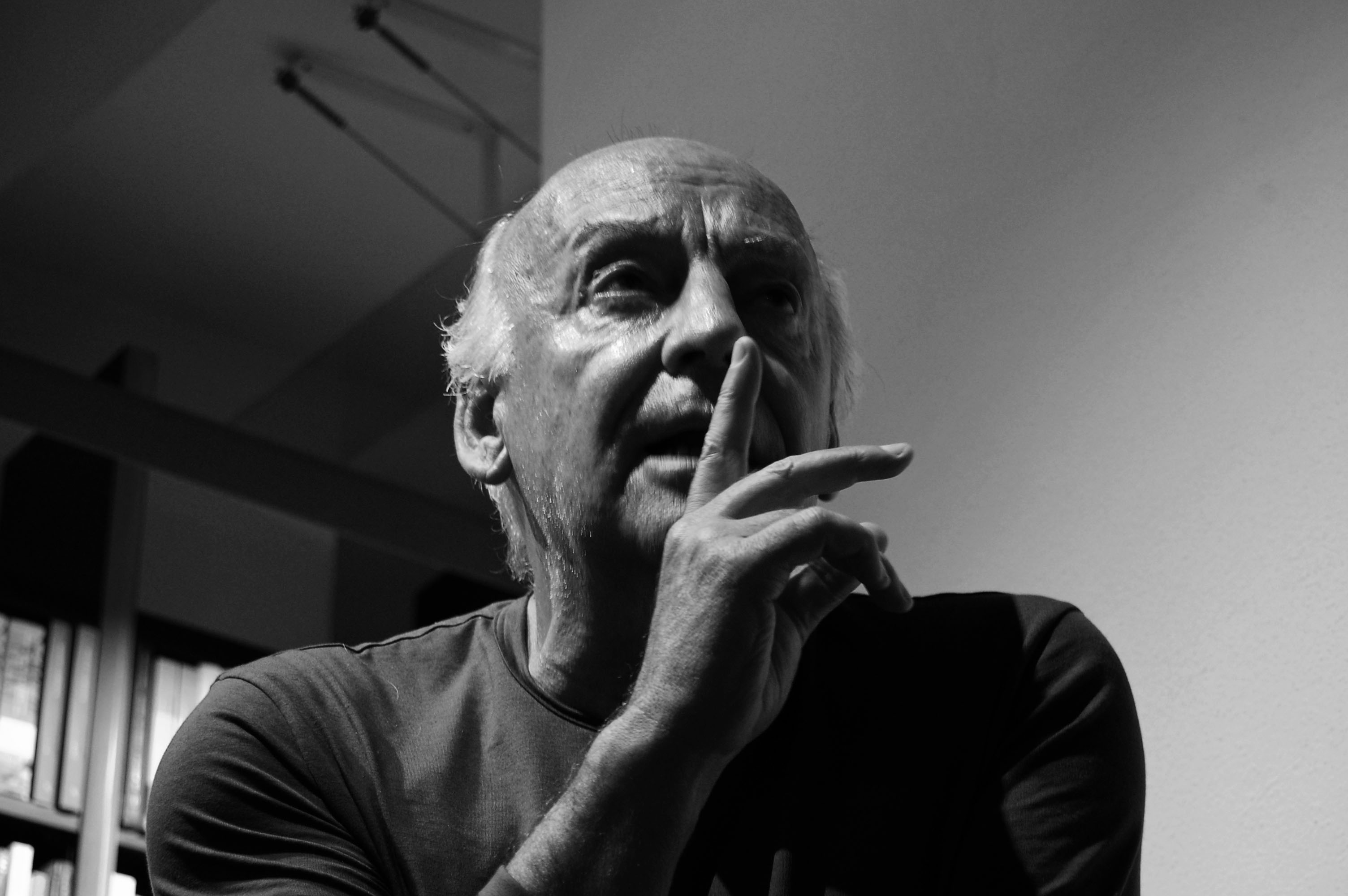After Eduardo Galeano’s passing, the PNL editorial team asked for reflections on his work from local activists and organizers. Galeano was an Uruguayan writer, best known for his Open Veins of Latin America.

When I read Eduardo Galeano’s books I started to understand how come my mother was working at a maquiladora manufacturing Mattel toys that would end up going back to the US. The work was hard, 6 am to 5 pm, and she would come home with headaches from inhaling the fumes that came out of the melting plastic that would end up being Barbies and superheroes, the toys she couldn’t afford for her kids. Galeano explained our reality, the Mexico of 1993, the America of 1492: imperialism, exploitation, but also our resistance.
Galeano’s gift was his desire to make us not forget, to remember history, the history of the people of the Americas. I went on to study history. I wanted to know more of those details, the truth, as much as possible. I think reading him has helped me to resist. His work has helped so many to feel proud of who we are, to not forget.
From Open Veins: “En las venas, el pasado aparece siempre convocado por el presente, como memoria viva del tiempo nuestro. Este libro es una búsqueda de claves de la historia pasada que contribuyen a explicar el tiempo presente, que también hace historia, a partir de la base de que la primera condición para cambiar la realidad consiste en conocerla.”
-Rebecca Fuentes
“Days and Nights of Love and War” has had a profound impact on how I’ve come to understand the inter-relation of the personal and political. Galeano writes in a way that both indicts state violence and simultaneously provides a flicker of light by which we might find our way. His attention to seemingly small moments in relation to larger forces make for a kind of insurgent poetics that challenge more conventional/linear forms of storytelling.
The following is one of my favorite passages, about a group of men who cross from Uruguay to Argentina in order to buy a copy of a magazine of which Galeano was founding editor: “They all chip in and buy an issue of Crisis and then go to a cafe. One of them reads aloud, page by page. They all listen and discuss the material. The reading lasts all day. When it ends, they leave the magazine at the cafe as a present for the owner, and return to my country, where it is banned.”
“Even if it were just for this,” I think, “it would be worthwhile.”
-Brian Pickett
In an interview on Democracy Now!, Galeano told Amy Goodman that “each minute three million dollars are spent on militaries around the world. Each minute fifteen children die of starvation and curable diseases. Another world is possible.” Galeano names the contradictions of this world with a sharp clarity, with the human costs in view, and with the possibility to change social conditions.
In its opening pages, Open Veins describes over 500 years of exploitation through which Latin America has become the “open veins” of Europe and the United States: “The division of labor among nations is that some specialize in winning and others in losing. Our part of the world, known today as Latin America, was precocious: it has specialized in losing ever since those remote times when Renaissance Europeans ventured across the ocean and buried their teeth in the throats of the Indian civilizations.”
Galeano makes the connection to today: “Our region still works as a menial. It continues to exist at the service of others’ needs, as a source and reserve of oil and iron, of copper and meat, of fruit and coffee, the raw materials and foods destined for rich countries which profit more from consuming them than Latin America does from producing them.” Galeano responds to a present that “pretends to be destiny and would like to be thought eternal.” His sort of history leads to new possibilities.
-Ben Kuebrich
I first read Galeano’s Open Veins of Latin America in high school. It was recommended to me by an activist mentor of mine. The book was formative in the shaping of my world outlook and guides my organizing to this day. From the book I got an understanding of the ongoing legacy of colonialism in Latin America, and this helps to situate current US imperial policy. Most importantly, as an activist and organizer, the book provided me with absolutely crucial context for understanding the inspiring resistance movements in the region, from the Revolutionary Armed Forces of Colombia to the Cuban Revolution and the Zapatista Army of National Liberation.
-Derek Ford





